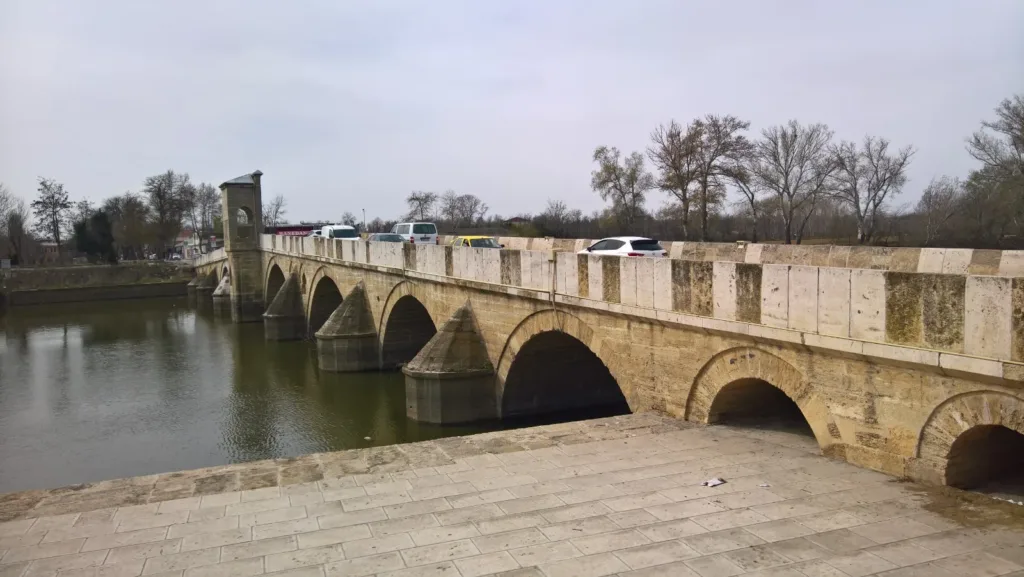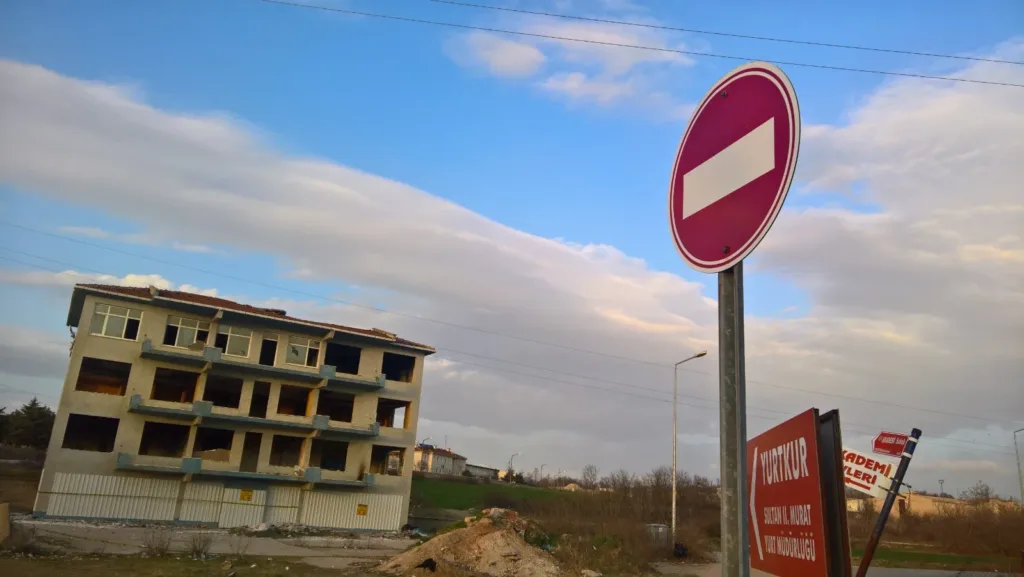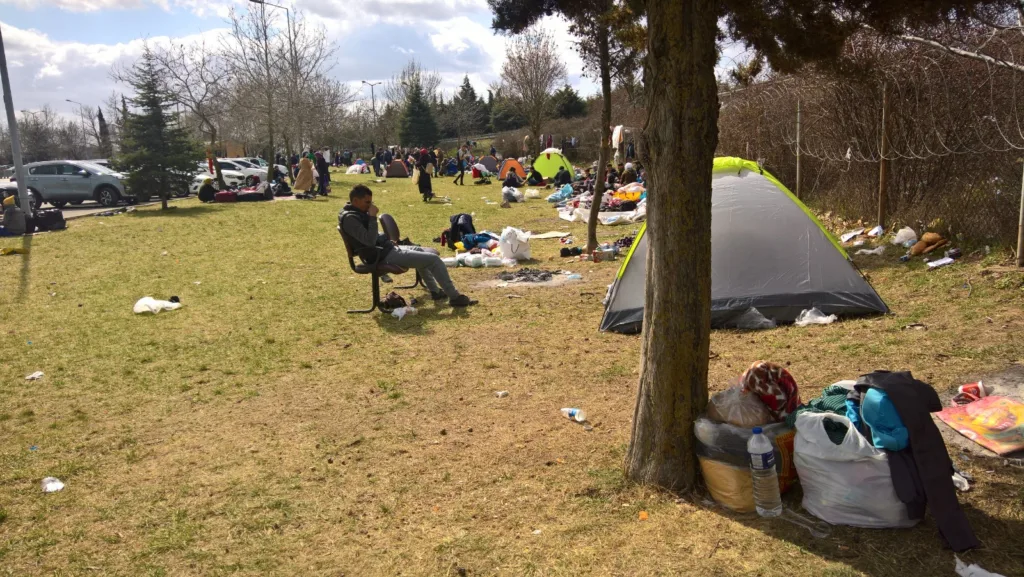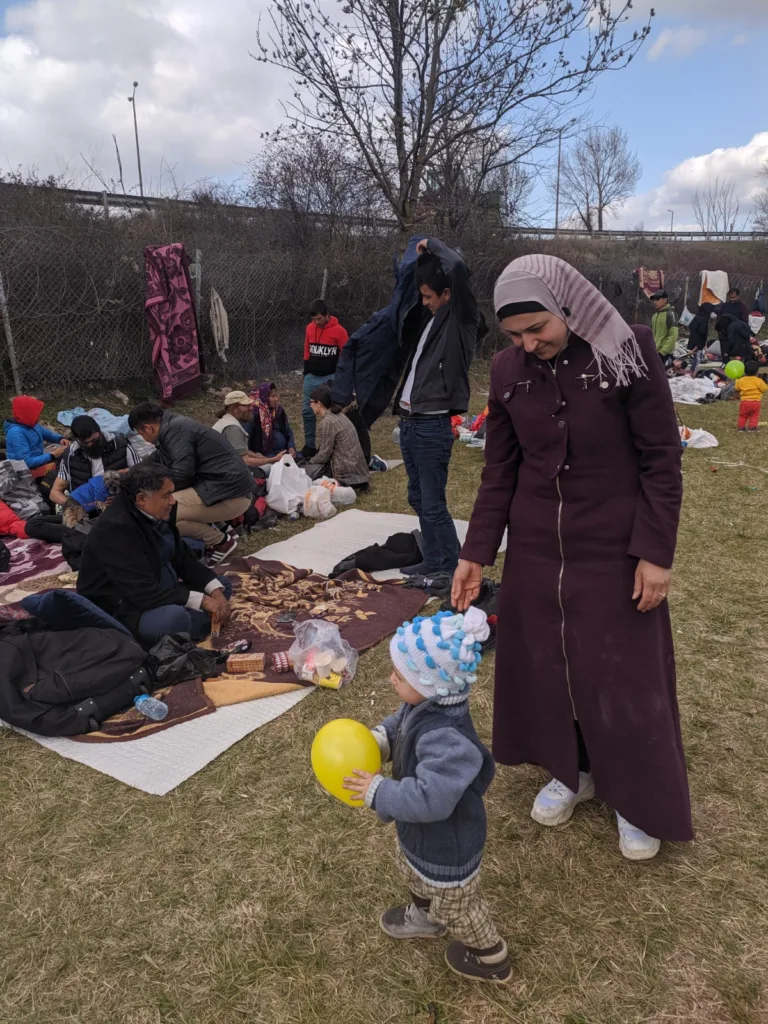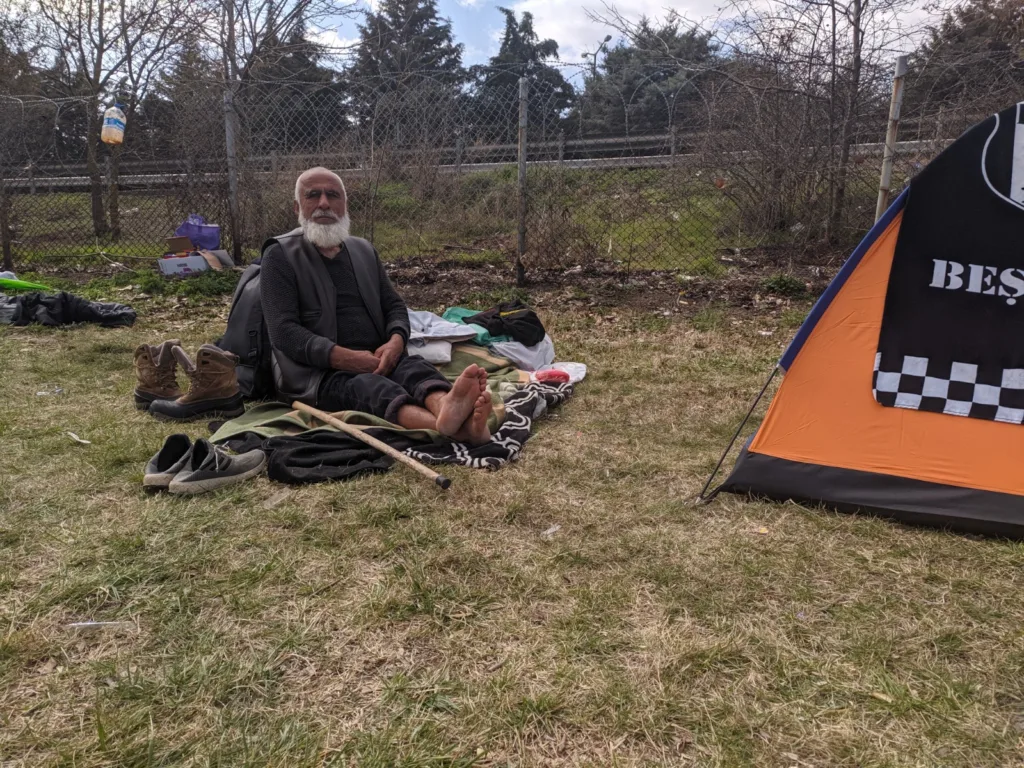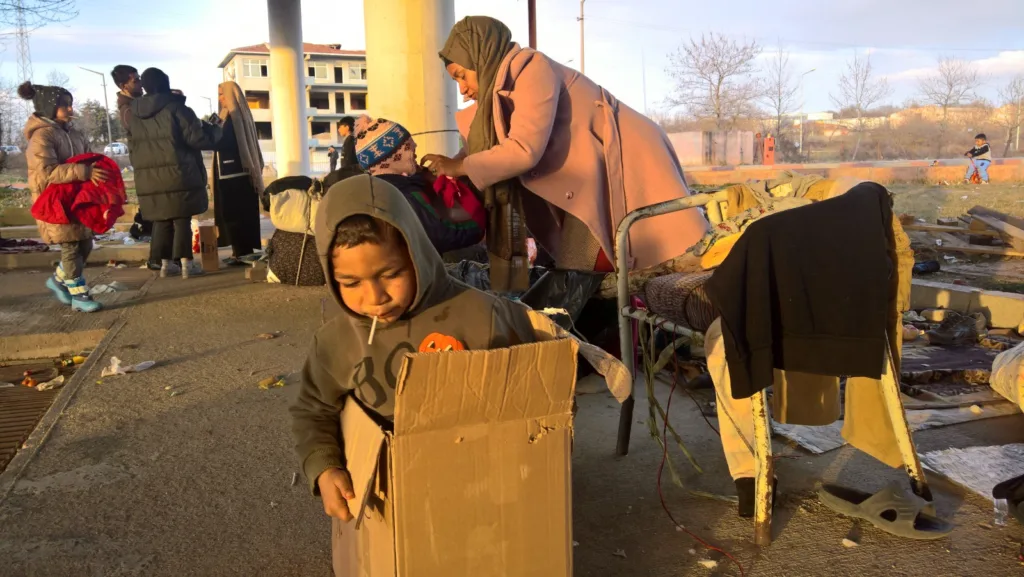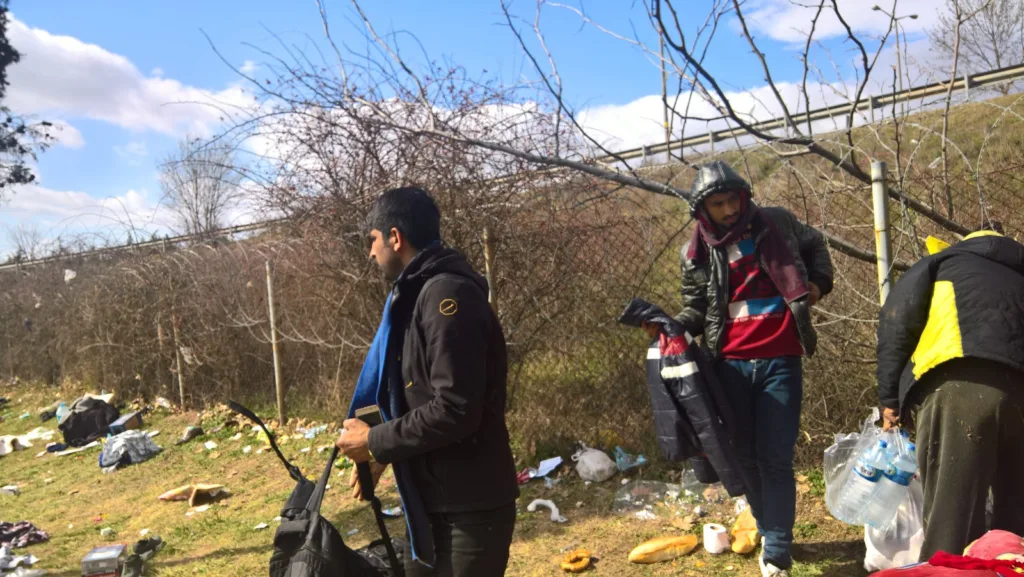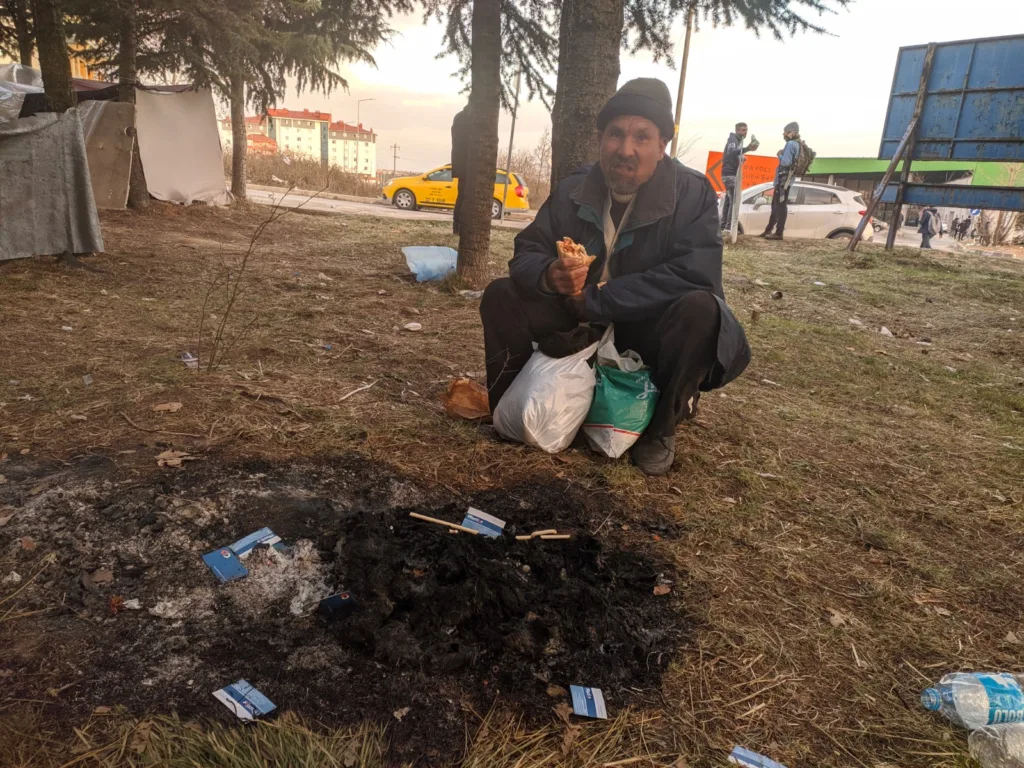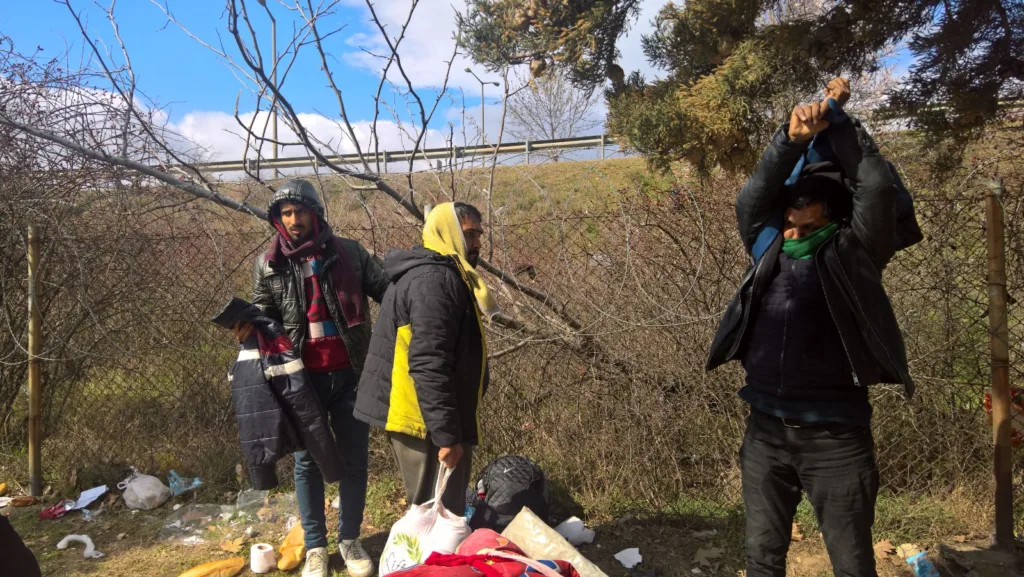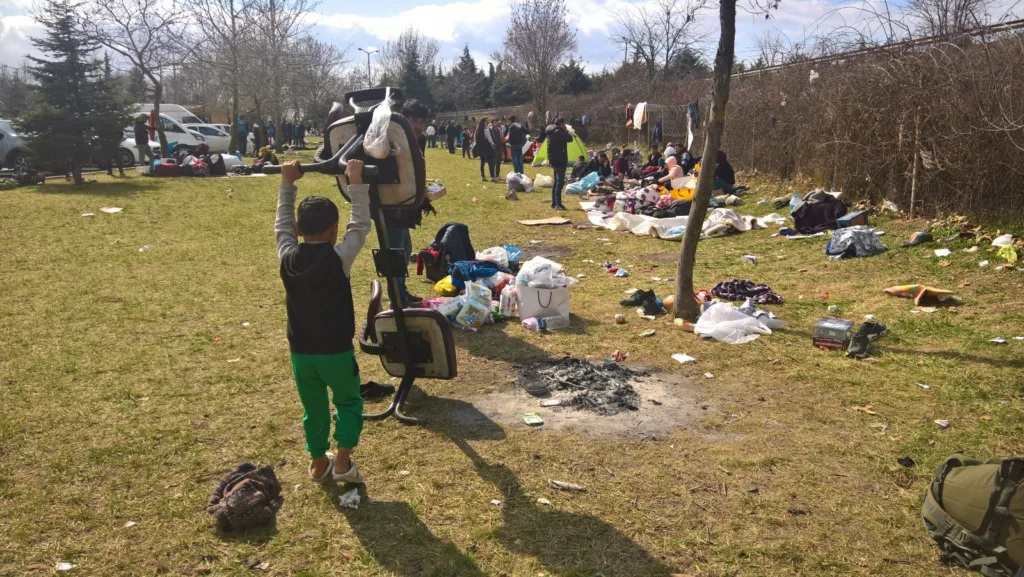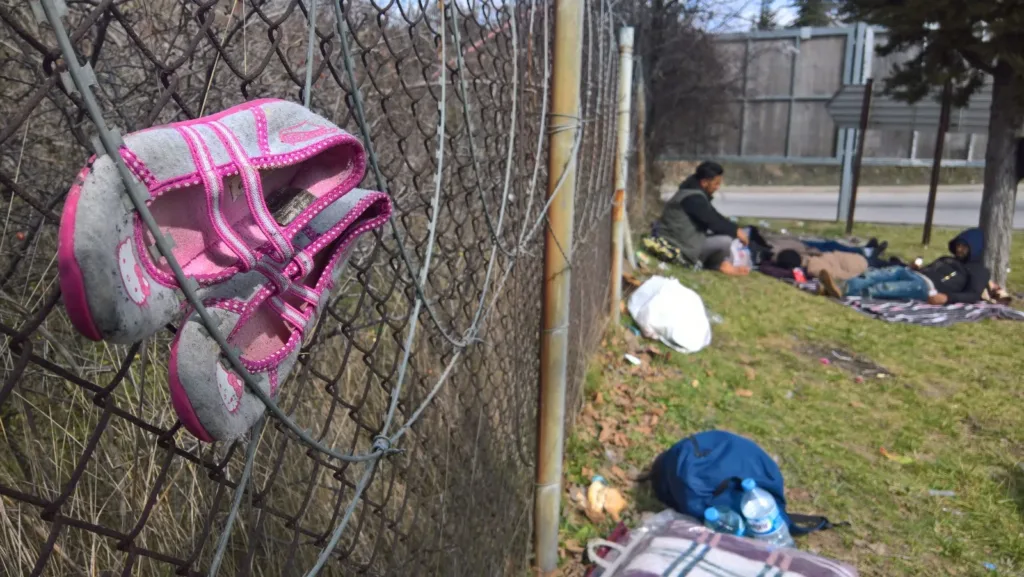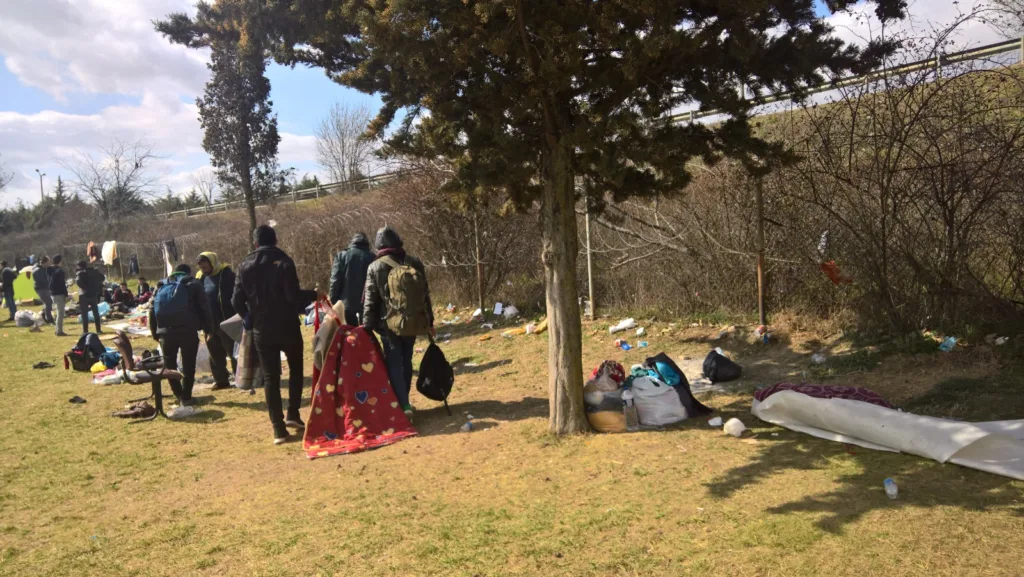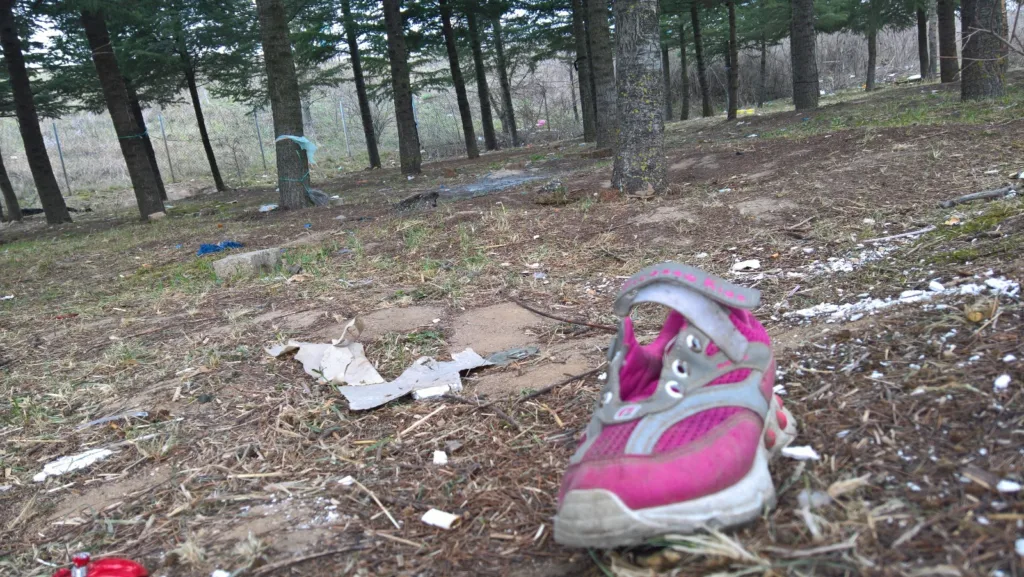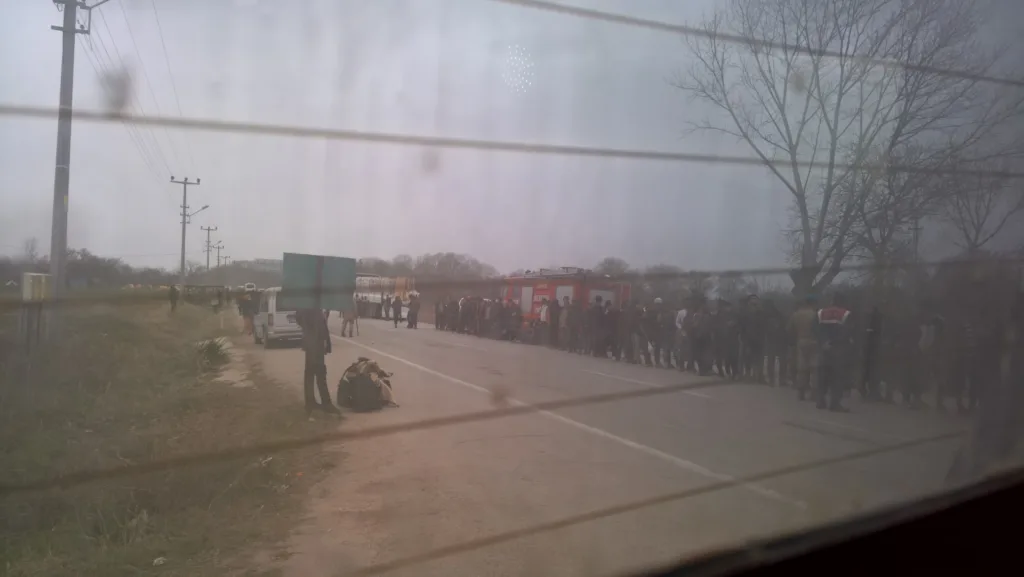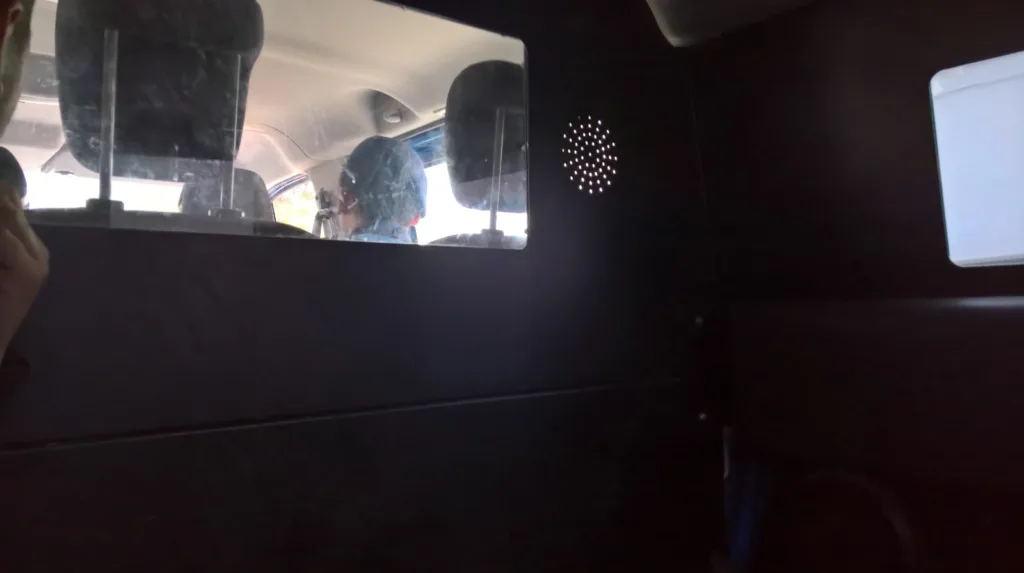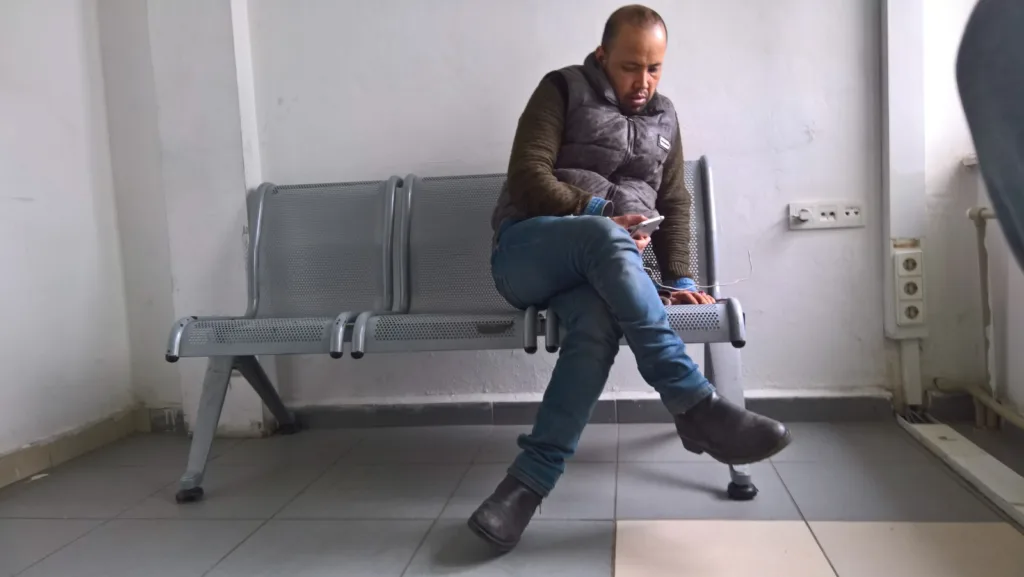Human Bullets – Migration conflict between Turkey and Greece
|
Getting your Trinity Audio player ready... |
With the intense media coverage of the COVID-19 outbreak, the migration conflict between Turkey and Greece has been diminished entirely.
Considering border closures due to the pandemic, Greece’s decision to deny entry to migrants appears understandable. Did Erdogan’s timing worsen the situation?
The Story Behind the Migration Conflict
After the deaths of 33 Turkish soldiers in Syria and the European Union’s (EU) refusal to support Ankara’s policy in the region, Turkish President Recep Tayyip Erdogan decided to encourage asylum seekers currently living peacefully in Turkey to move closer to the Greek border, claiming that the borders were open for them on the Turkish side.
The government transports and encourages migrants to cross into Europe from border cities like Edirne and İpsala.
The European Union in 2016 agreed to funnel 6 billion euros to organizations helping the nearly four million Syrian refugees in Turkey, in exchange for Turkey’s help in securing its borders with Greece.
The New York Times
According to BBC Mundo, the camps on these islands have received 42 thousand requests despite being designed for six thousand. The British agency also quotes Médecins Sans Frontières (MSF), which states that more than 14 thousand of these migrants are children. The BBC reports that many of the migrants are Syrian, but also include people from Afghanistan, Pakistan, and Africa.
However, in the latest displacement supported by Erdogan, the reality is quite different. The individuals from Pakistan, who have found asylum in Turkey and have jobs and different opportunities, told themselves that crossing into Europe would be easy and that life would be better once they reached there. Many of them just wanted to try their luck and see if it was possible, but once they found themselves in no man’s land, they just wanted to go back. Unfortunately, they were discouraged by the Turkish military.
The Turkish government’s announcement on February 28, 2020, about opening borders and live-stream the process encouraged more to follow.
The New York Times
The Greek army greeted them with tear gas, and the clashes became constant, with the migrants throwing rocks at the Greek side and the Greeks implementing new measures to make the migrants understand that Europe does not want them there. The most recent project was to put concrete blocks in front of the border, literally building a wall.
“We don’t want you!”
It was in 2015 when Angela Merkel, the German chancellor, stated that her country would take in as many refugees as it could and reassured her “refugees are welcome” policy, hoping that the rest of the European countries would follow her lead. However, a year later, the EU signed an agreement with Turkey to restrict the migration flow in exchange for financial compensation, essentially hiring a gatekeeper. Nevertheless, such an arrangement was tricky. A gatekeeper is basically in charge of your safety and can provide it or take it away.
Perhaps the most affected by the escalation of the conflict are the migrants themselves, as well as true asylum seekers. The same BBC Mundo article states that Greece has temporarily suspended new asylum requests for those who enter the country illegally, meaning that, for now, those on the border have no way to stay in Greece as refugees. Due to the current policy that the country from which asylum seekers enter is the one that should provide them with residence, the outlook is not promising for them.
Was it a bad move?
It depends on the following events. If the situation worsens and the Turkish government stands its ground, either a COVID-19 outbreak in already dire living conditions will confront the migrants, or the European Union will take them in, proving their care for human lives and backing their morals with actions. This would give Erdogan a win and create more chaos in the European medical systems. Moreover, the lack of support from the EU for Greece not only put the Greeks in the same position that Erdogan claims to be but also hurt the relations between the Greeks and the EU.
What comes next?
The COVID-19 crisis has impacted regions worldwide. Despite Turkey being one of the last countries to report cases, the number has risen from one to five, and predictions suggest that more cases are yet to come. With the Syrian conflict, migration issues, and the health crisis, the situation becomes increasingly challenging.
Perhaps this is one of the reasons why the government has recently decided to relocate some migrants back to Istanbul and others to the camp situated at the Pazarkule main gate, in Edirne, Turkey.
This decision follows a series of shameful events that have cast a negative light on Turkey. The New York Times reported an incident where “reluctant migrants were forcefully removed from vehicles at gunpoint by plainclothes officers and beaten when they resisted”. The Turkish government’s secrecy is not new, as it allows only certain media outlets to operate, fearing bad press. In my case, I was arrested, and video footage showing the conditions of migrants in Edirne was deleted.
Furthermore, The New York Times stated that “Turkish officials recently announced the sentencing of three human smugglers to 125 years in prison for their involvement in the death of Alan Kurdi, a Syrian toddler whose drowning came to symbolize an earlier migration crisis in 2015”. Experts interpret this as a sign that Turkey has resumed its role as a doorkeeper for Europe.
What does it mean?
Migration issues have significant political and social repercussions. They can divide public opinion, weaken society, and reshape the political landscape. Those with criminal records or the potential to destabilize a country can exploit migration. Depending on the number of migrants, it could lead to economic, social, and cultural collapse. In a new military era where front-line combat is not the norm, migrants can become human bullets.
Marc Pierini, a former European Union envoy to Turkey, was quoted by The New York Times regarding the migration conflict at the Turkey-Greece border: “The first-ever refugee exodus, albeit a limited one, fully organized by one government against another.” The same article from The New York Times makes this claim.
Turkish security forces fired tear gas over the border at their Greek counterparts and provided journalists with footage of aggressive Greek responses to migrants. Mr. Erdogan accused Greek officials of behaving like officials in Nazi Germany.


